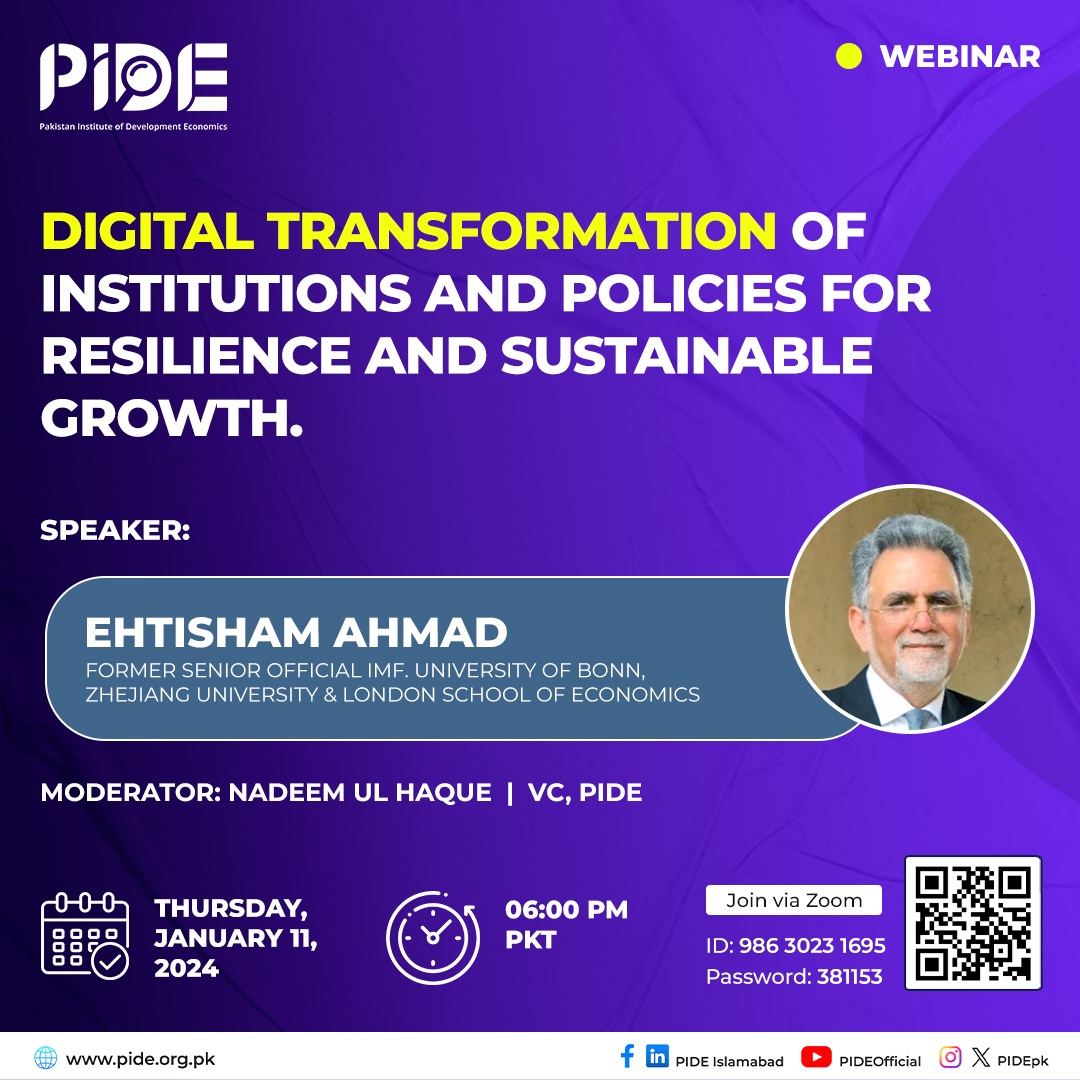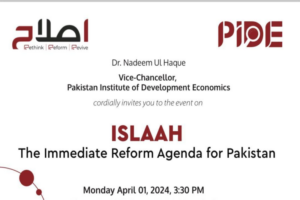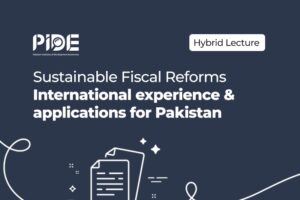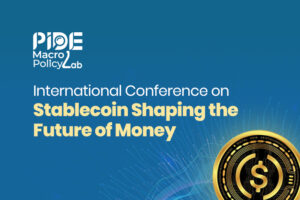Digital Transformation of Institutions and Policies for Resilience and Sustainable
Growth – unlocking Mexico’s potential
Ehtisham Ahmad, ITAM Seminar, December 2023
Emerging market economies (EMEs) face unprecedented uncertainty due to the (continuing) pandemic, climate disasters, ruptures in global value chains including due to conflict, and tightening credit in developed countries. Mexico has done better than many EMEs in attracting FDI outside the maquiladora (SEZ) zones, given the 2013/14 strengthening and integration of federal taxes. This model has been copied, including in East Asia especially China, and has been key in the creation of integrated high-tech zones. Mexico has been one of the only LAC countries to attract nearshoring investments. But vulnerabilities remain, including fragile metropolitan areas with considerable informality, and growing disparities, including with the lagging southern states. Significant policy and institutional agendas are needed at the state and local levels, with a greater role for federal investments in cross-state connectivity and directed transfers, along with a revamped fiscal equalization system. This involves strengthening stable own-source revenues for SDGS cities and local governments and ensuring sustainable access to private finance. National and subnational tax policy and administration will be transformed though digital transformations that are now spreading in different parts of the world.
The interactions between digital transformation with policy and institutional design are illustrated with respect to the potential reform of the property tax. Ahmad, Brosio and Pöschl in background papers for the 2013 reform, illustrated the ineffectiveness of the Mexican property tax in raising revenues or financing the SDGs. Ahmad and Viscarra 2020 simulate the distributional consequences of a simplified beneficial property tax, on an area and location basis. With blockchain and satellite technology such a tax also provides a basis for more effective income and capital gains taxes, betterment levies and the VAT on new properties. But making this possible, with a national tax administration, would require changes in rate setting capabilities, immediate crediting of subnational accounts, as well as a revamped fiscal equalization system.
The Mexican case, along with similar simulations for China, is presented in the new volume on Beneficial Property Taxation (Ahmad and Brosio, 2022) that proposes applications of political economy principles that date to Alfred Marshall from the 1880s, together with simplified design and use of satellite technology and blockchain, enhancements in the governance framework and revamped transfers. These are key elements in unlocking access to private finance, including subnational bonds, and PPPs, and creating the basis for more resilient and sustainable growth path in Mexico.
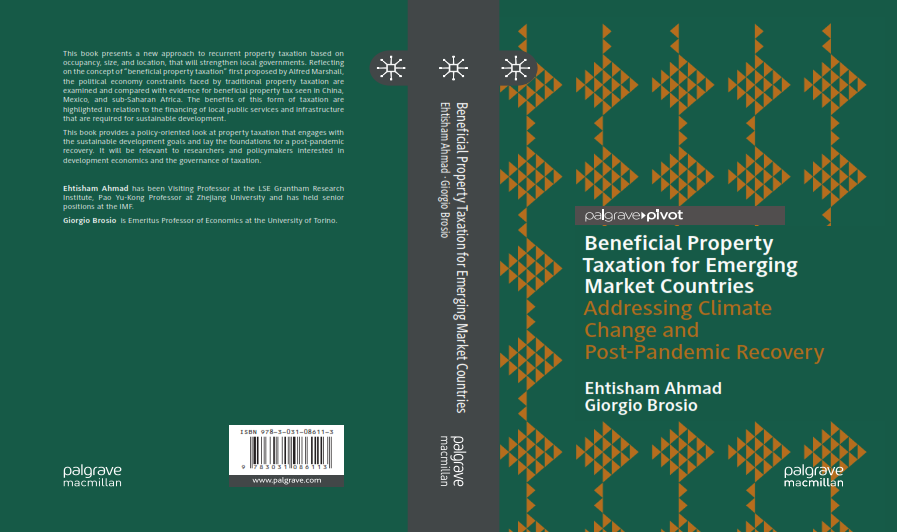
Bio
Ehtisham Ahmad, Former IMF, University of Bonn, Zhejiang University and London School of Economics
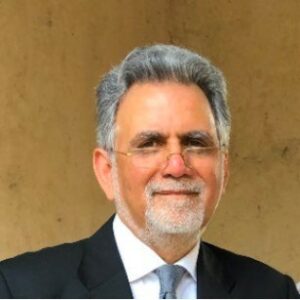
Ehtisham Ahmad held senior positions at the International Monetary Fund (IMF) during 1990-2010 and was Special Advisor to the Saudi Finance Minister during 1996-1998. Since 2010, Professor Ahmad has been affiliated with the LSE; the University of Bonn (to 2019), Zhejiang (as Pao Yu-Kong Professor) and Sun Yat-Sen Universities and the Chinese Academy of Fiscal Science (to 2020). Over the recent past, Professor Ahmad has been directing a program at the LSE on Financing Sustainable Transitions in People’s Republic of China and Mexico (co-financed by BEIS) and contributed to the ADB’s recommendations for the Chinese 14th Five Year Plan. His engagement with Mexico goes back to the 1980s, and a program on Tax Reforms in Developing Countries (jointly directed with Nick Stern and Jesús Seade) and financed by the UK ODA, ESRC and the World Bank.
Ehtisham Ahmad has written and been cited widely on public policy and fiscal reforms, multilevel governance and fiscal federalism, poverty reduction and sustainable development. He has edited (with Giorgio Brosio) the Handbook of Fiscal Federalism, Edward Elgar 2006; and the Handbook of Multilevel Finance, Edward Elgar 2015. Among many earlier publications notable are Theory and Practice of Tax Reforms in Developing Countries (with Nick Stern), Cambridge 1991; and Social Security in Developing Countries (with Jean Drèze, John Hills and Amartya Sen) Oxford 1991.
Ahmad is on the Advisory Board of the US Millennium Challenge Corporation; member of the Advisory Panel of the Asociacion Iberoamerica de Financiacion Local; and Associate Fellow of the Institute of Development and Economic Alternatives.


